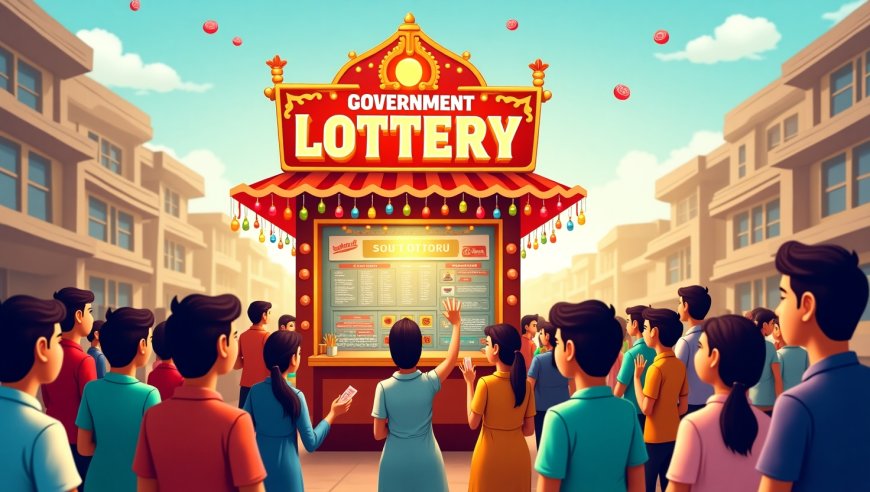Government Lottery in india
The minimum price of a government lottery ticket in India is 2 Rupees and the maximum price is 40 Rupees.

The government lottery system in India is a unique blend of tradition, regulation, and opportunity. While some view it as a chance to change their fortunes, others see it as a means to support state welfare programs. This article delves into the intricacies of India's government-run lotteries, their legal framework, and their impact on society.
Understanding Government Lotteries in India
In India, lotteries are primarily organised by state governments, each operating under its own set of rules and regulations. The central legislation governing these activities is the Lotteries (Regulation) Act, 1998, complemented by the Lotteries (Regulation) Rules, 2010. These laws provide a framework for states to conduct lotteries, ensuring transparency and fairness in their operations.
It's important to note that not all states permit lotteries. Currently, 13 states, including Kerala, Maharashtra, and Goa, have legalised state-run lotteries. These states utilise lottery revenues to fund various welfare schemes, infrastructure projects, and other public services.
The Role of Technology in Modern Lotteries
With the advent of technology, traditional paper lotteries are gradually making way for online platforms. For instance, the state of Goa has introduced an entirely online lottery platform, aiming to bring transparency and convenience to the system.
Moreover, apps like okwin have emerged, offering users interactive games and challenges with the potential to earn real cash. Such platforms not only provide entertainment but also present opportunities for users to supplement their income.
Lotteries as a Means of Employment and Revenue
State-run lotteries have proven to be significant sources of employment and revenue. For example, the Kerala State Lotteries, established in 1967, have created numerous job opportunities, from ticket sellers to administrative roles. The revenue generated supports various welfare programs, including the Karunya Benevolent Fund, which provides financial assistance to underprivileged individuals suffering from serious ailments
Similarly, the Maharashtra State Lottery, operational since 1969, was initiated to prevent cheating through illegal gambling schemes. The revenue generated aids in improving infrastructure, healthcare, education, and other sectors.
Exploring Alternative Earning Opportunities
While lotteries offer a chance-based avenue for income, many individuals, especially students, seek more consistent and skill-based earning methods. For those interested in exploring such opportunities, the article on Best Money Making Apps for Students provides insights into various apps that allow users to earn money through tasks, surveys, and other activities.
Legal and Ethical Considerations
Despite their benefits, lotteries are not without controversy. Issues such as addiction, financial mismanagement, and the potential for fraud have raised concerns. Furthermore, the legal status of lotteries varies across states, leading to challenges in regulation and enforcement.
It's crucial for participants to be aware of the laws in their respective states and to approach lotteries responsibly. Ensuring transparency, promoting responsible participation, and implementing robust regulatory frameworks are essential for the sustainable operation of lotteries in India.
Conclusion
Government lotteries in India serve as more than just games of chance; they are tools for social welfare, employment generation, and state revenue. As the landscape evolves with technological advancements, it's imperative to balance the opportunities they present with the potential risks. By fostering transparency, promoting responsible participation, and continuously updating regulatory measures, India can harness the full potential of its lottery system for the greater good.


































































![https //g.co/recover for help [1-866-719-1006]](https://newsquo.com/uploads/images/202506/image_430x256_684949454da3e.jpg)


























![How Smart PMs Scale Their Careers in Any Org [TPG Live Recap]](https://tpgblog.com/wp-content/uploads/2025/06/2025-06-12-thumbnail-action.png?#)




















































